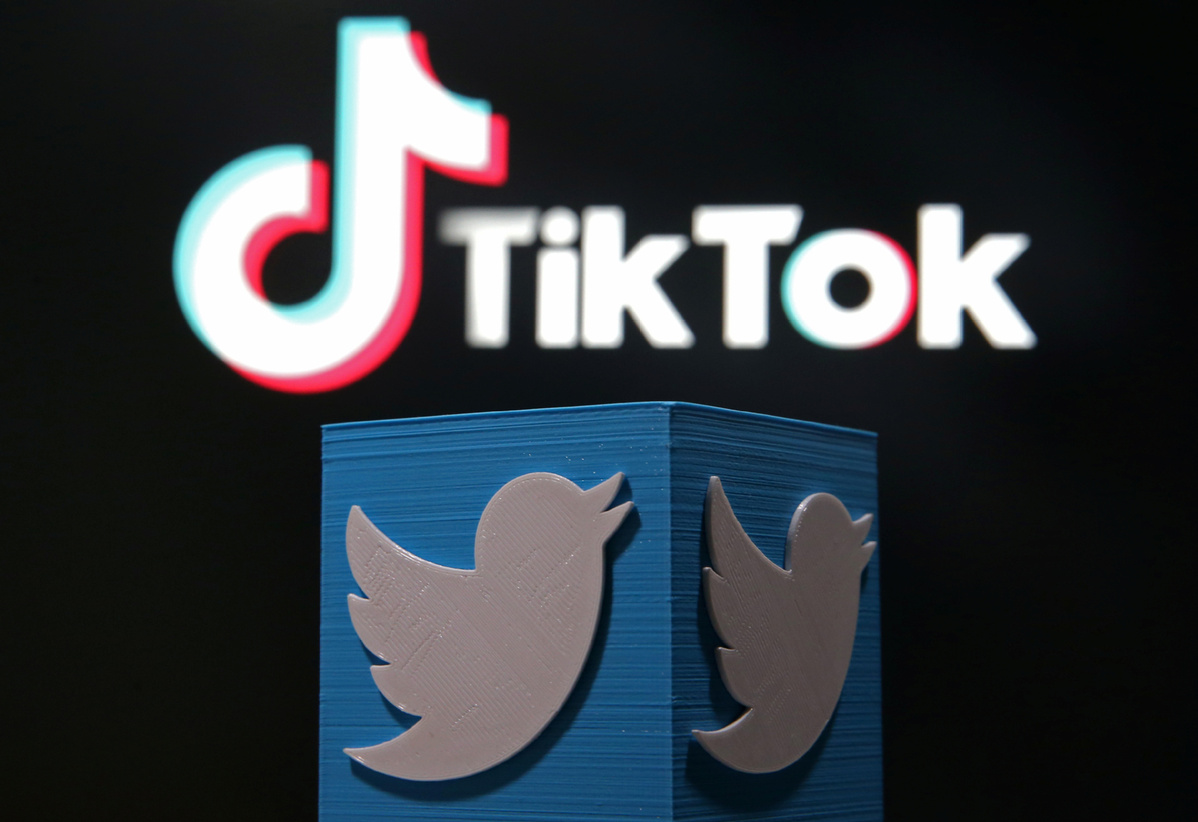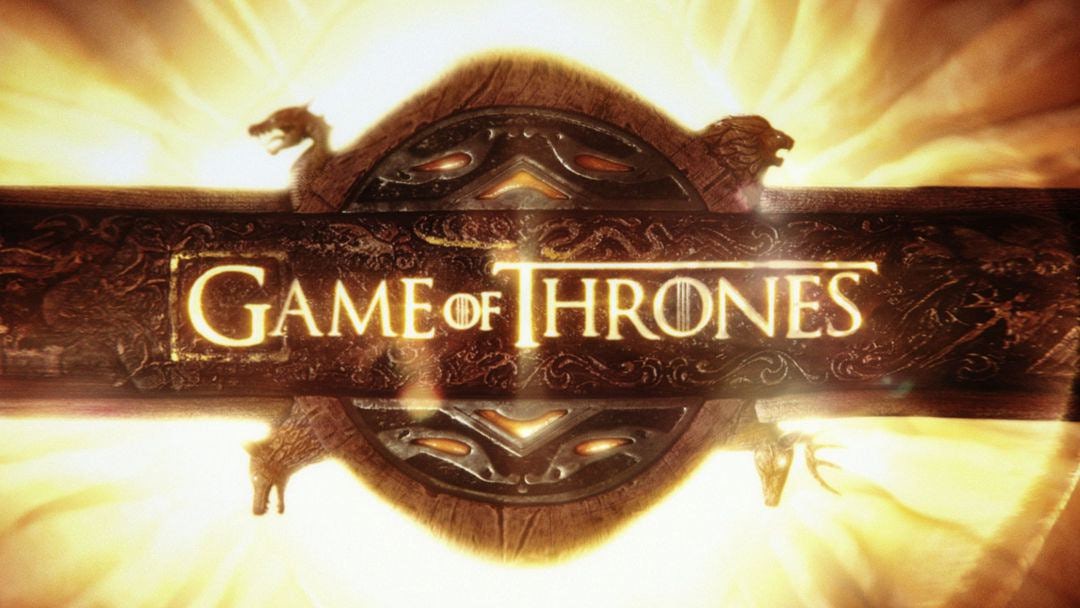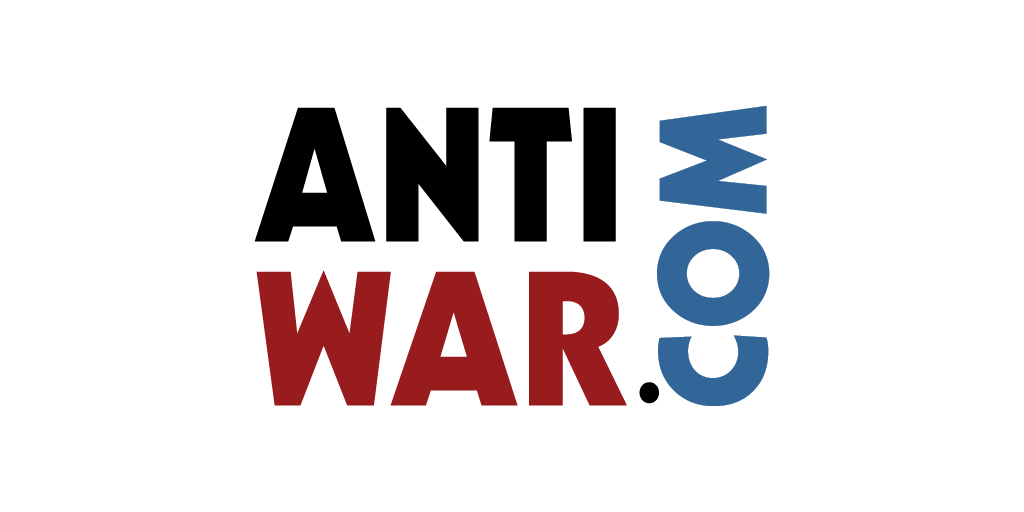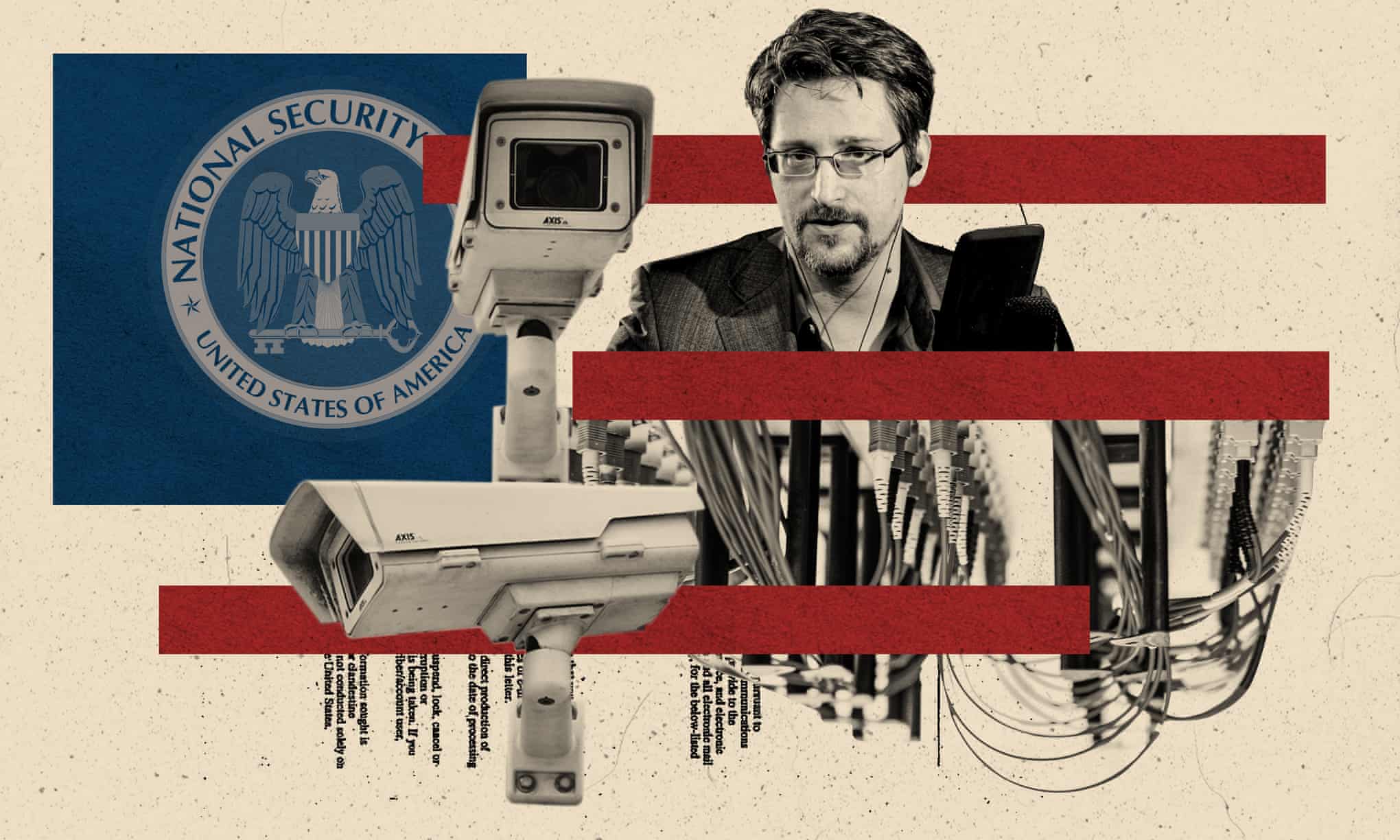My Technology Growing Up
When I was a kid, I used to play outside with friends and kids in my neighborhood, read quite a bit, and played with toys like any other kid my age. The technology I did have was very innocent, as it was not connected to some bigger network like so much is today, and it was all for entertainment. But technology was never a priority or something I always wanted to use when growing up, as I had other things that I enjoyed doing more. When I was 12 years old my parents got me an iPhone for the first time, and the main reason I got it was because I was spending more time doing things where I being left alone or going places more often without parents and needed a way to contact them. I had rules set by my parents for what I could and couldn't do on my phone, in addition to them being able to check it whenever they wanted. Once I did get a phone I still used it mainly for entertainment, playing games on it, watching YouTube, but still, it wasn't something I valued using over other activities that didn't require a screen. Social media entered my life when I was 14, I downloaded Instagram, and started to use my phone more, scrolling through Instagram, and keeping in touch with my friends. My parents and school always drilled into my head the idea that social media is a good way to connect with people, you have to be careful what you say/post, as it could come back to bite you. When I was going into my freshman year of high school, I got my first laptop, with my parents buying it so I wouldn't take up so much time using the family computer for homework. This is when I also started to consume media like movies and TV shows more regularly through streaming services, and I would occasionally have restrictions on what I could and couldn't watch. My parents did this in an effort to stop it from desensitizing me to certain topics that would've had a negative impact on my mental health growing up. I realize now that my parents were apart of a generation that had lived without and with modern technology, and they were apprehensive to just pushing a screen in front of me. They didn't think that constantly being stimulated by a screen was a good way for someone to grow up and mature. Which I think made me less dependent on technology as a kid, and even today I could live without it if I had to.
My Use of Tech Today
In the past year and a half I joined Tik Tok and Twitter, and while I read and scroll through those apps daily, I rarely post on them, but I am conscious about what people are able to see on those apps. Both those profiles are public, but on Tik Tok one could only see who I follow, and on Twitter the same is true and they are also able to see everything I've "liked". I know to be mindful of what I do and post on social media, as in some cases not only can the site see it, but everyone else can, and what I say/post could negatively affect me later in life. When someone looks at my page for the first time they get a digital first impression of me. So, when I see something on Twitter I "like", but could be taken the wrong way, I think to myself, would I want someone to see that as the first thing about me, and that could be how they judge me, and if the answer is not a "yes, I'm okay with that" then I "unlike" and ignore it. The same goes for Instagram, I don't post much, but I don't want people to see what I've posted and take it in a negative manner and that be what they use to judge me. I am careful also on what I believe on social media, as I know that I have created different echo chambers on each one. My Instagram and Twitter are more focused on entertainment news and Formula 1, and Tik Tok is more focused on memes and entertaining videos. I have also unintentionally created different echo chambers for general news on Instagram and Twitter, with Twitter being more independent leaning news, and Instagram being a mixture of conservative and liberal news, varying based on which side I viewed more of each time I use it. I didn't know I was doing this, but since I noticed it I try to look at both before forming opinions on certain topics.
The Impacts of Tech on Me
I also believe a key to a healthy relationship with tech is how we consume it, or how we take the information it gives us. The saying that too much of a good thing is a bad thing rings tru for social media, as we see people take breaks from social media to "recenter" themselves mentally. I've only taken breaks from social media when I had no way of connecting to the sites, and after the first day it did feel good to not constantly wonder about what was happening on there. Technology and social media are an integral part of our society, but it's important to remember that it isn't everything in our society. More and more people are walking around with their head buried in their phones, and as we saw in the animated short, this can lead to an apathetic society only concerned with the digital world.









/cdn.vox-cdn.com/uploads/chorus_asset/file/9187457/desktop_gabfidddx.jpg)





